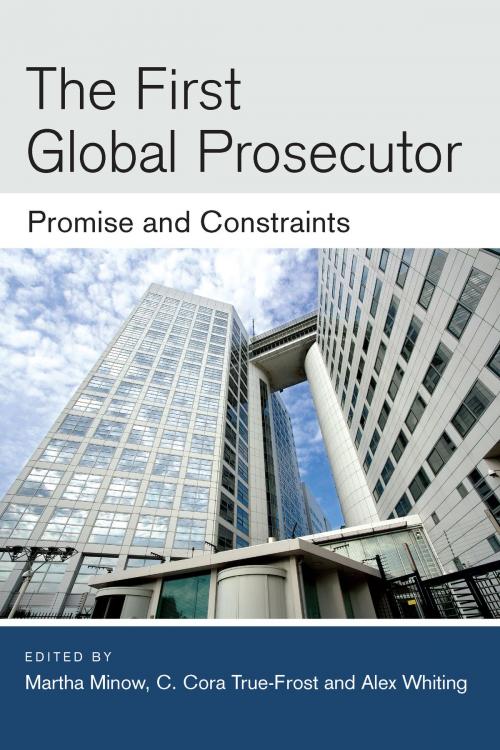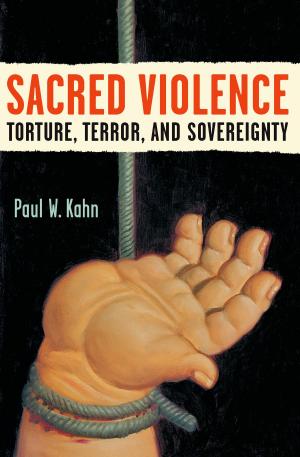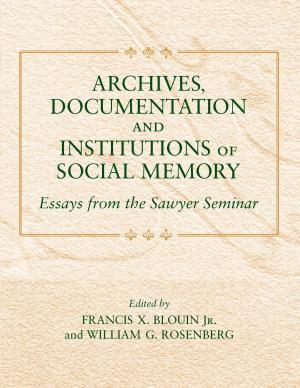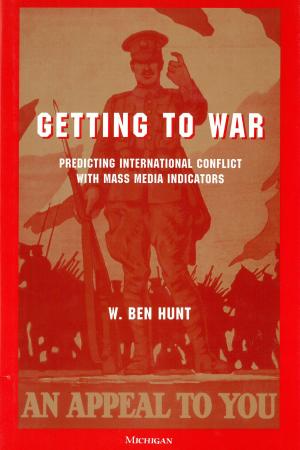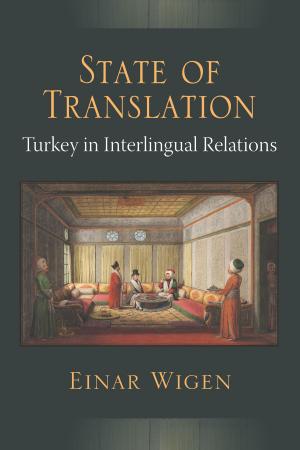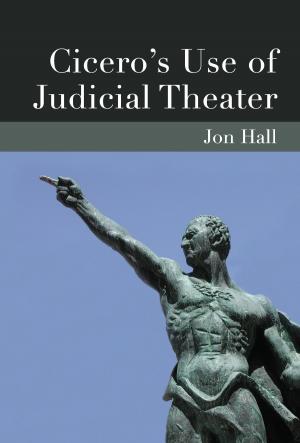The First Global Prosecutor
Promise and Constraints
Nonfiction, Reference & Language, Law, International, Social & Cultural Studies, Political Science, International Relations| Author: | Martha Minow, Alex Whiting, C. C True-Frost | ISBN: | 9780472120864 |
| Publisher: | University of Michigan Press | Publication: | April 15, 2015 |
| Imprint: | University of Michigan Press | Language: | English |
| Author: | Martha Minow, Alex Whiting, C. C True-Frost |
| ISBN: | 9780472120864 |
| Publisher: | University of Michigan Press |
| Publication: | April 15, 2015 |
| Imprint: | University of Michigan Press |
| Language: | English |
The establishment of the International Criminal Court (ICC) gave rise to the first permanent Office of the Prosecutor (OTP), with independent powers of investigation and prosecution. Elected in 2003 for a nine-year term as the ICC’s first Prosecutor, Luis Moreno Ocampo established policies and practices for when and how to investigate, when to pursue prosecution, and how to obtain the cooperation of sovereign nations. He laid a foundation for the OTP’s involvement with the United Nations Security Council, state parties, nongovernmental organizations, victims, the accused, witnesses, and the media.
This volume of essays presents the first sustained examination of this unique office and offers a rare look into international justice. The contributors, ranging from legal scholars to practitioners of international law, explore the spectrum of options available to the OTP, the particular choices Moreno Ocampo made, and issues ripe for consideration as his successor, Fatou B. Bensouda, assumes her duties. The beginning of Bensouda’s term thus offers the perfect opportunity to examine the first Prosecutor’s singular efforts to strengthen international justice, in all its facets.
The establishment of the International Criminal Court (ICC) gave rise to the first permanent Office of the Prosecutor (OTP), with independent powers of investigation and prosecution. Elected in 2003 for a nine-year term as the ICC’s first Prosecutor, Luis Moreno Ocampo established policies and practices for when and how to investigate, when to pursue prosecution, and how to obtain the cooperation of sovereign nations. He laid a foundation for the OTP’s involvement with the United Nations Security Council, state parties, nongovernmental organizations, victims, the accused, witnesses, and the media.
This volume of essays presents the first sustained examination of this unique office and offers a rare look into international justice. The contributors, ranging from legal scholars to practitioners of international law, explore the spectrum of options available to the OTP, the particular choices Moreno Ocampo made, and issues ripe for consideration as his successor, Fatou B. Bensouda, assumes her duties. The beginning of Bensouda’s term thus offers the perfect opportunity to examine the first Prosecutor’s singular efforts to strengthen international justice, in all its facets.
